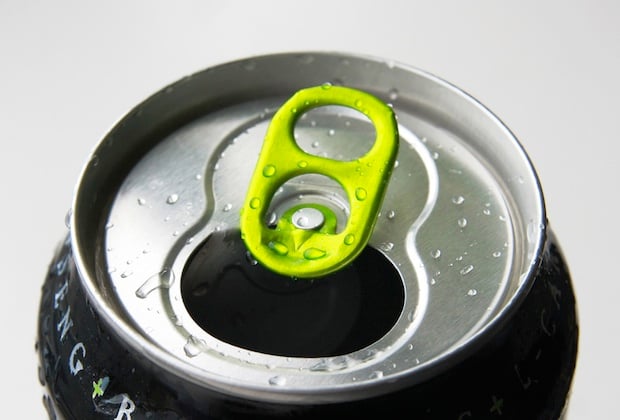The controversy over energy drinks rages on with a statement recently released by a group of radiologists who determined that consumption of energy drinks leads to increased heart contraction rates.
“We’ve shown that energy drink consumption has a short-term impact on cardiac contractility,” said Dr. Jonas Dörner in a statement released by the Radiological Society of North America on Monday.
The results come on the heels of an ongoing national debate over the potential dangers of energy drinks. A 2013 report by the Substance Abuse and Mental Health Services Administration found that the number of ER visits related to energy drink consumption has nearly doubled since 2007, with 20,783 patients admitted in 2011.
Researchers tested the effects of energy drinks on individuals’ hearts in a small study involving 18 men and women. Each participant underwent a cardiac MRI one hour before consuming an energy drink. Then they underwent a second MRI one hour after consuming an energy drink that contained 400 milligrams of taurine and 32 milligrams of caffeine, two main ingredients of energy drinks.
Results showed that one hour after drinking, the participants experienced significant increased heart contraction rates in the left ventricle. The left ventricle pumps blood to the aorta, which then distributes it to the rest of the body.
Researchers did not, however, find any significant differences in heart rate, blood pressure, or the amount of blood pumped from the left ventricle after consuming the energy drink.
Dr. Dörner and his team stressed that while their results showed that energy drink consumption causes short-term cardiac side effects, more research is needed to determine how long the effects of energy drinks last. They also urged people with cardiac arrhythmias to avoid the products, since “changes in contractility could trigger arrhythmias.”
Since last year the FDA has been investigating reports of illness, injury, or death of people who have consumed energy drinks, including a 14-year-old girl from Maryland who died in December 2011 of cardiac arrest after downing two large cans of Monster Energy a day for multiple days.
Soon after the society’s statement was released, Monster Beverage Corporation released a response that asserted the findings were “highly misleading.” The statement continued, “The paper offers no new information and confirms what scientists have known for decades. Taurine helps the heart function efficiently by improving the pumping force of the heart without any changes in blood pressure or heart rate.”
The study is ongoing. Results were presented at the annual meeting of the Radiological Society of North America.



















